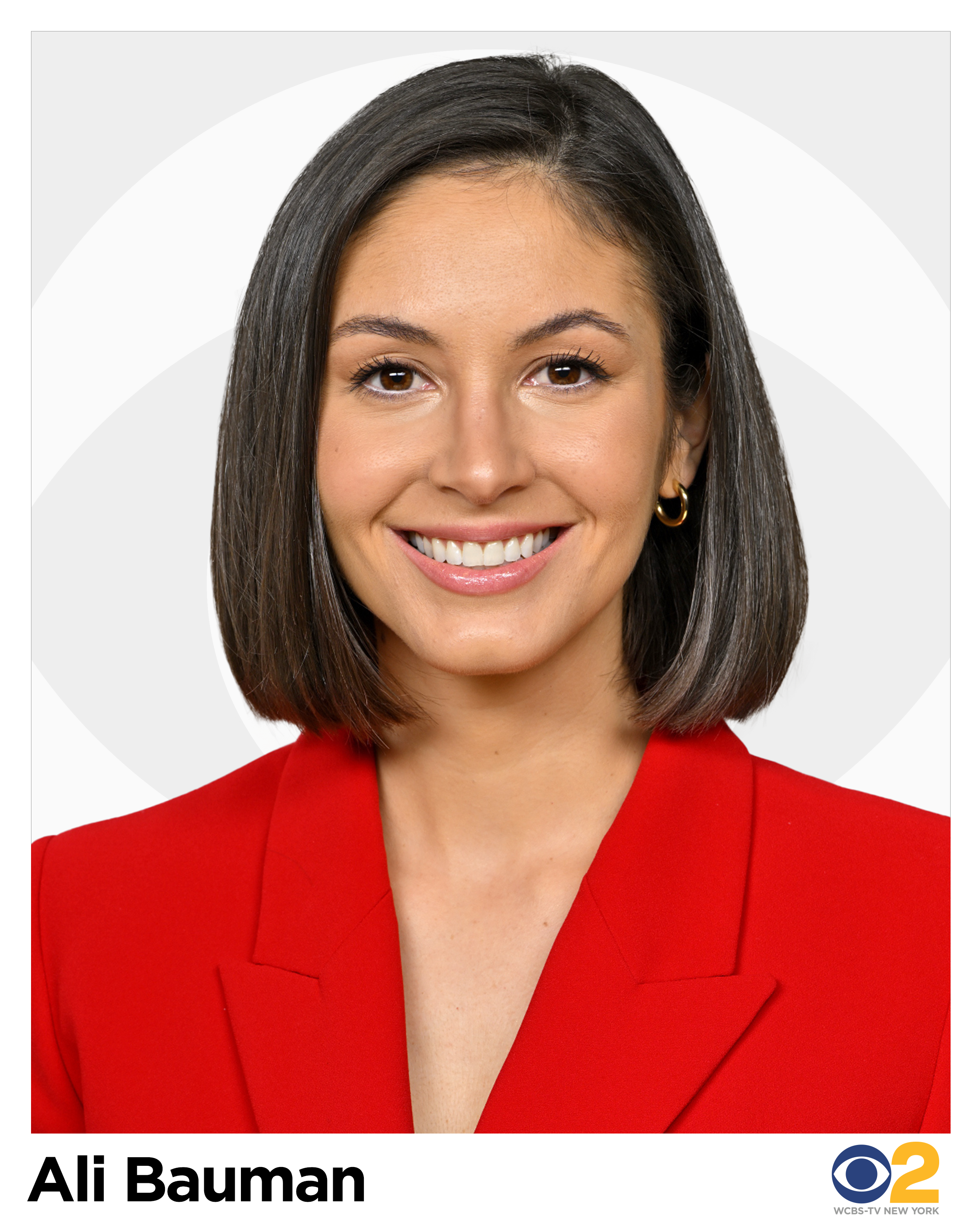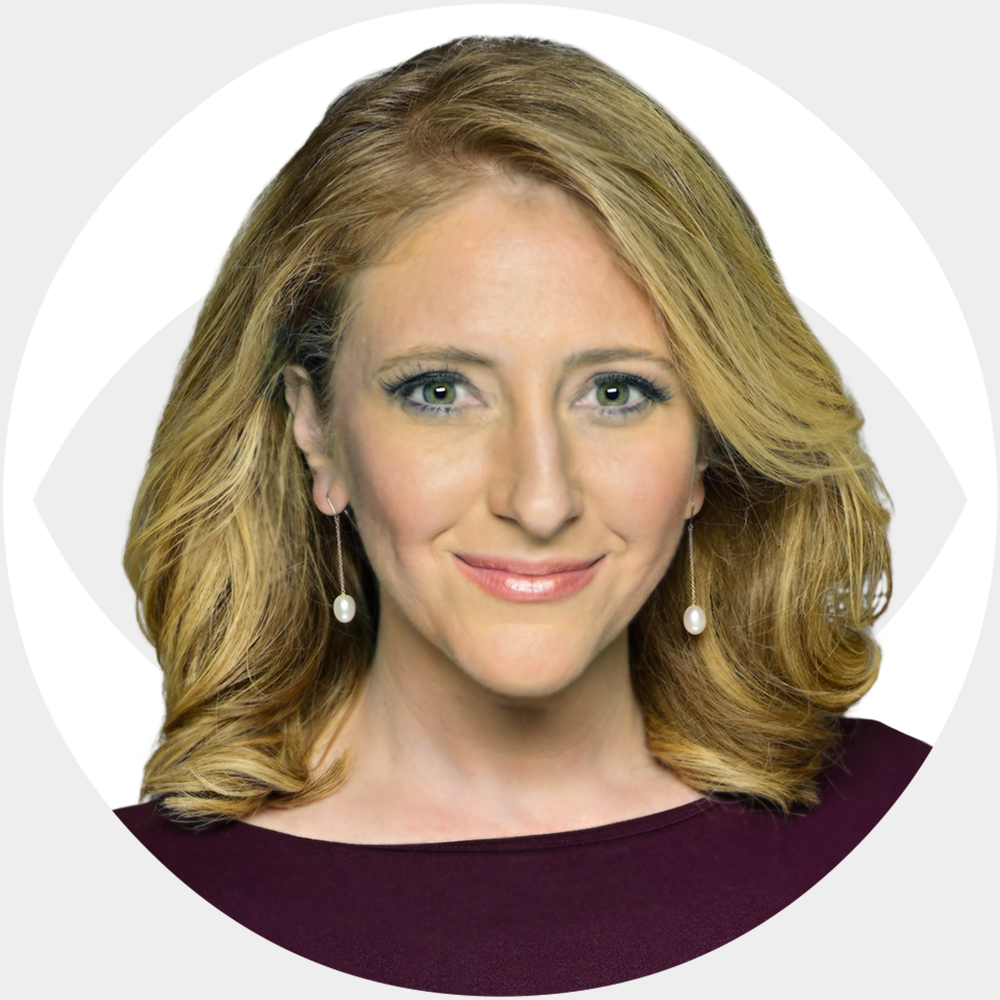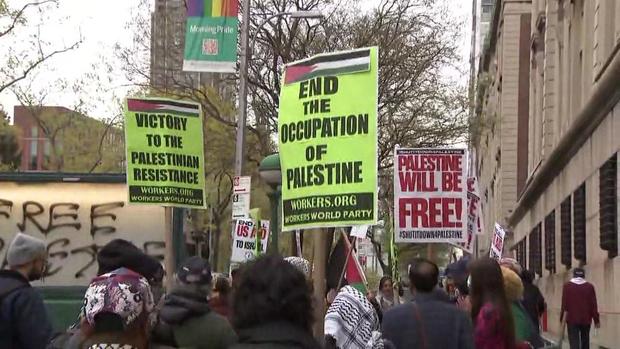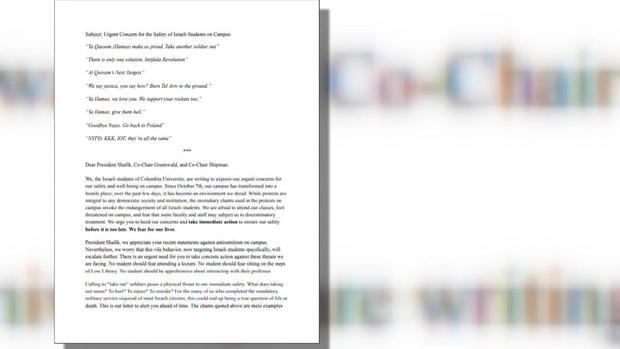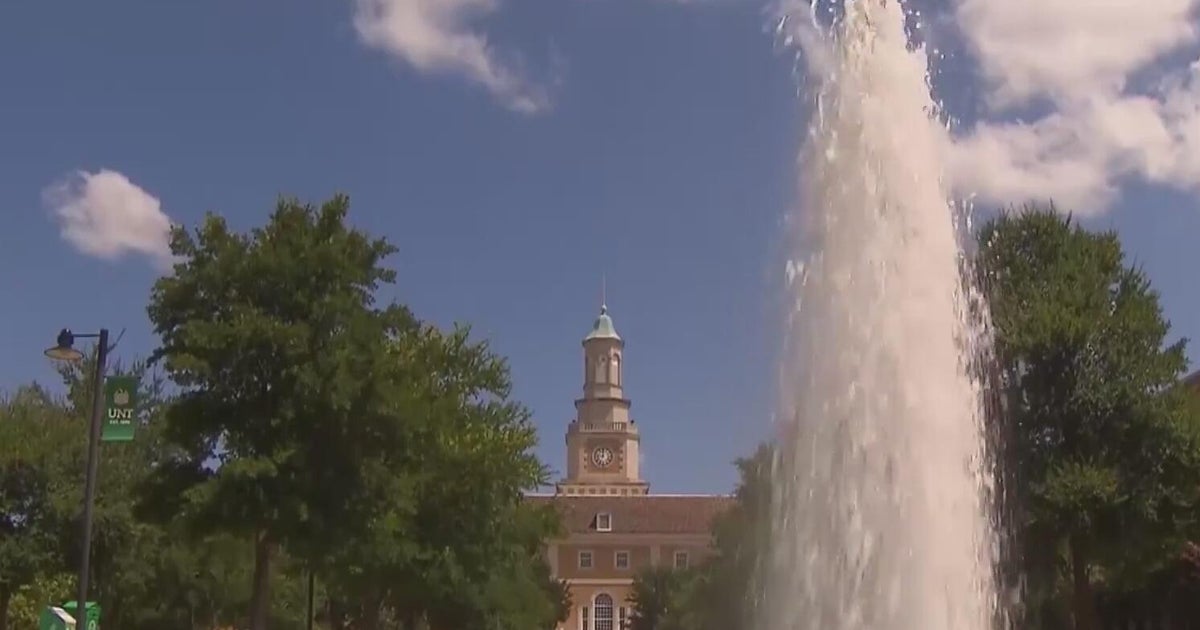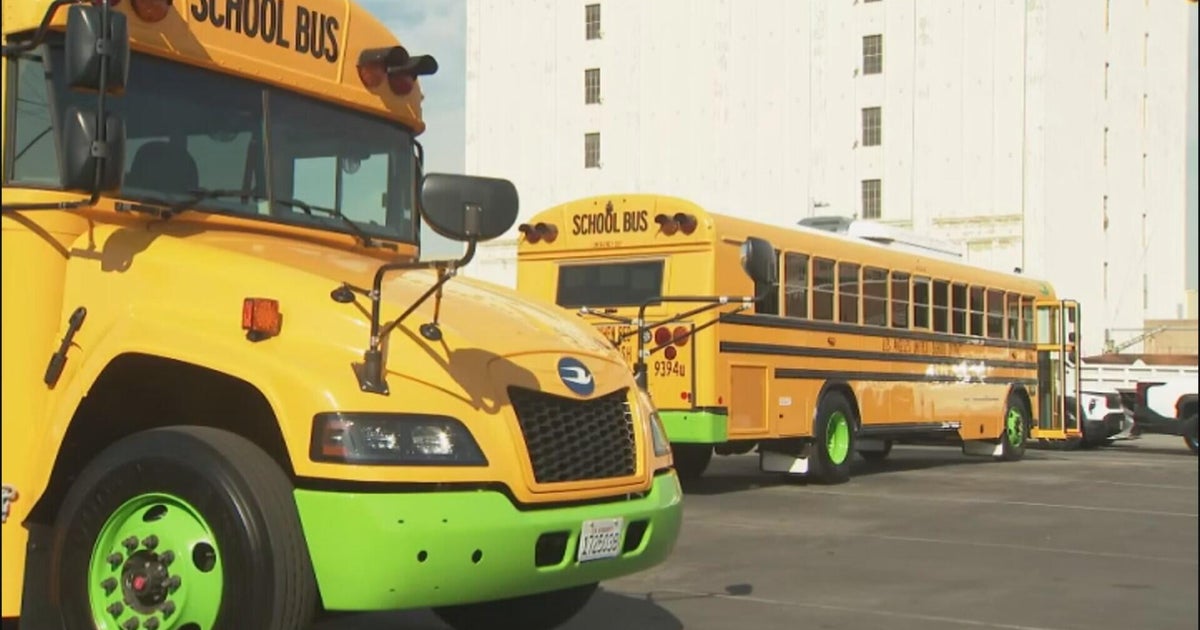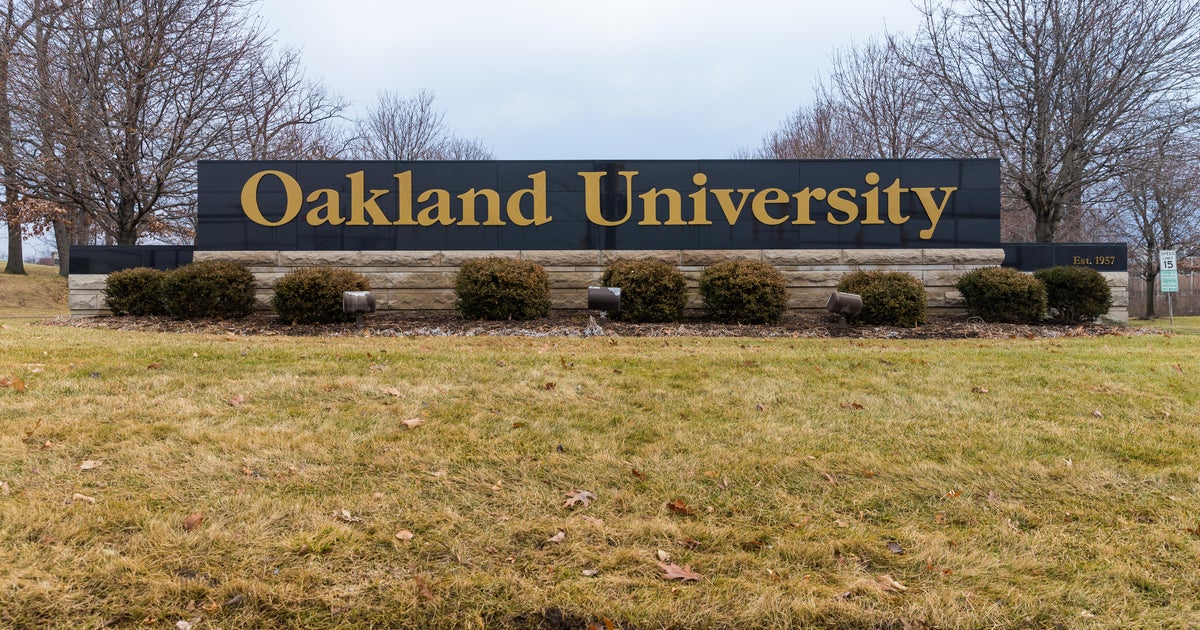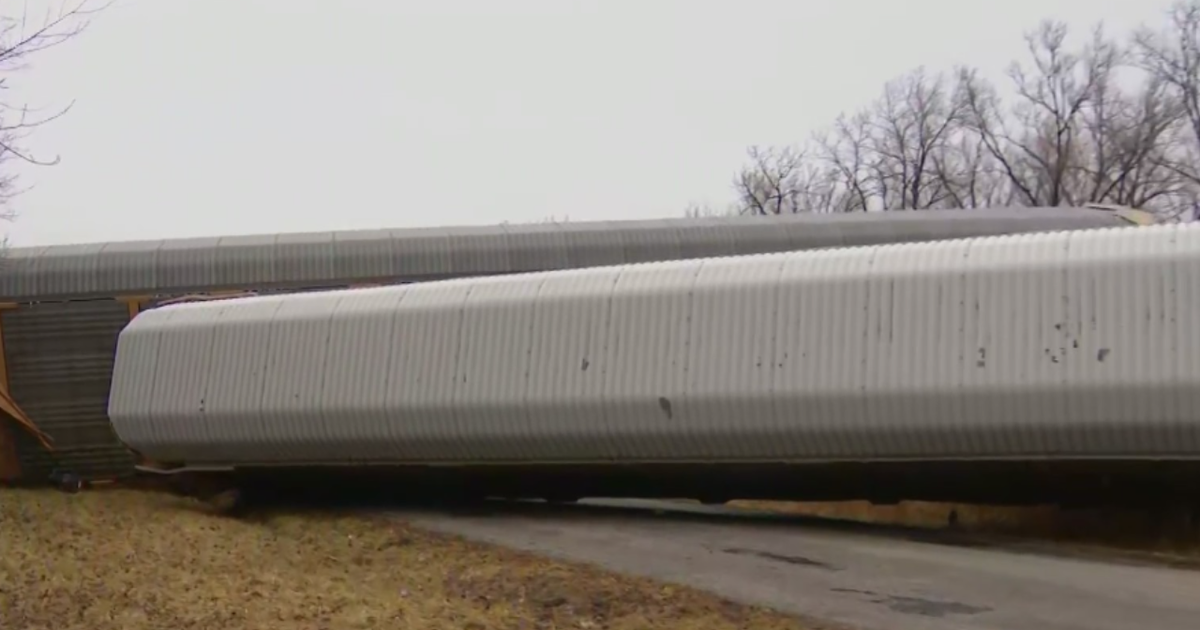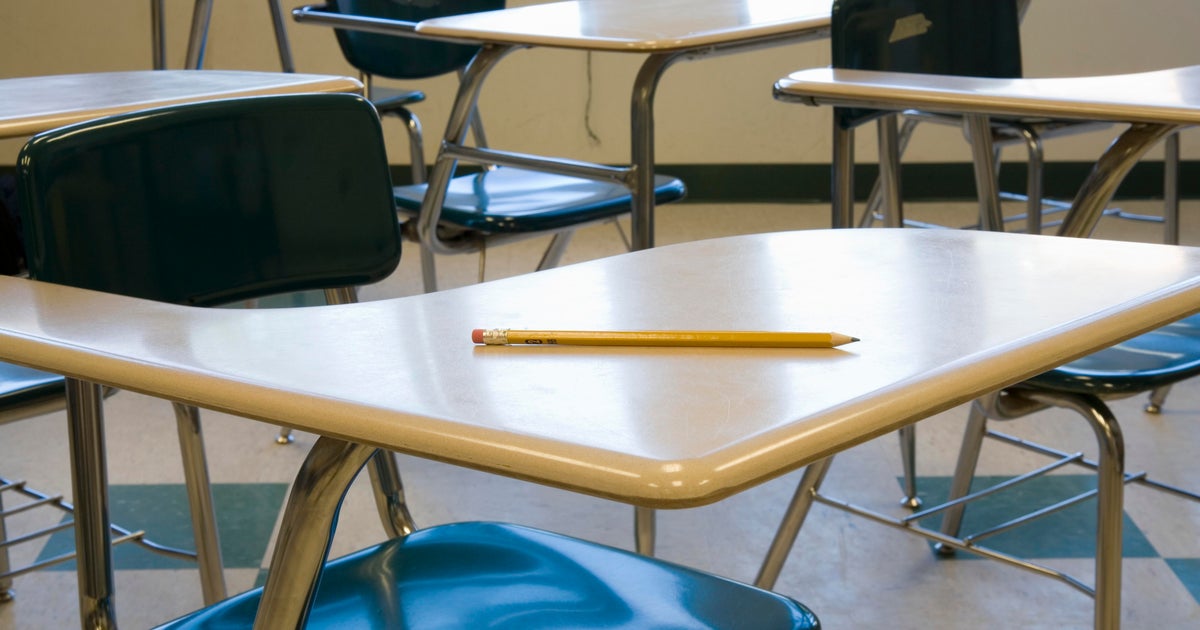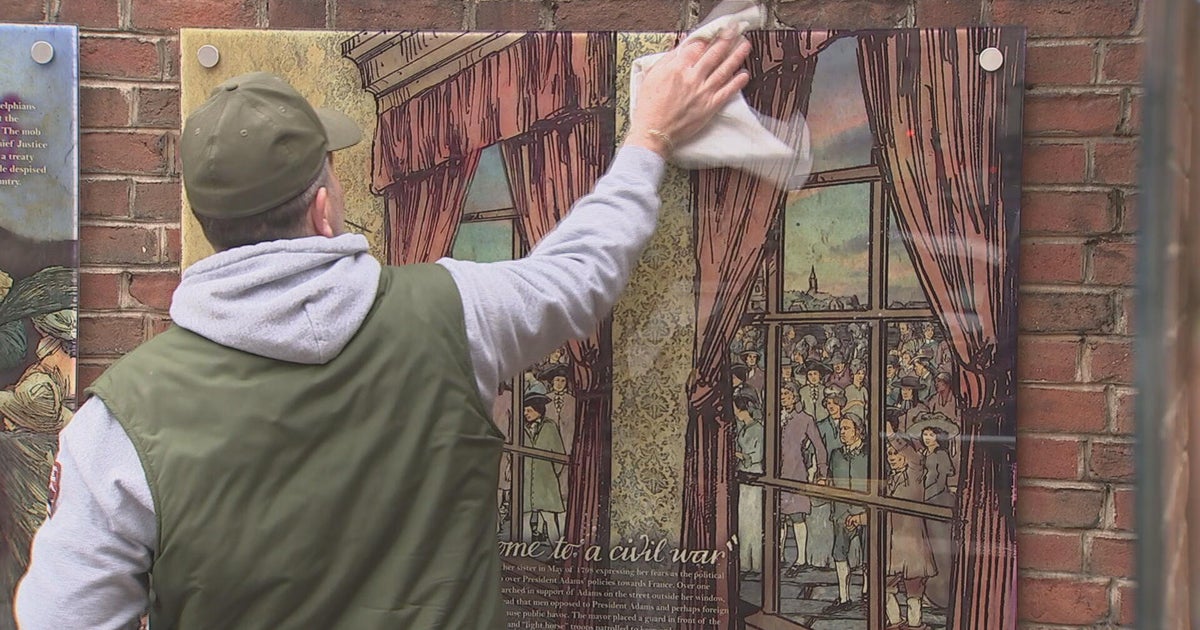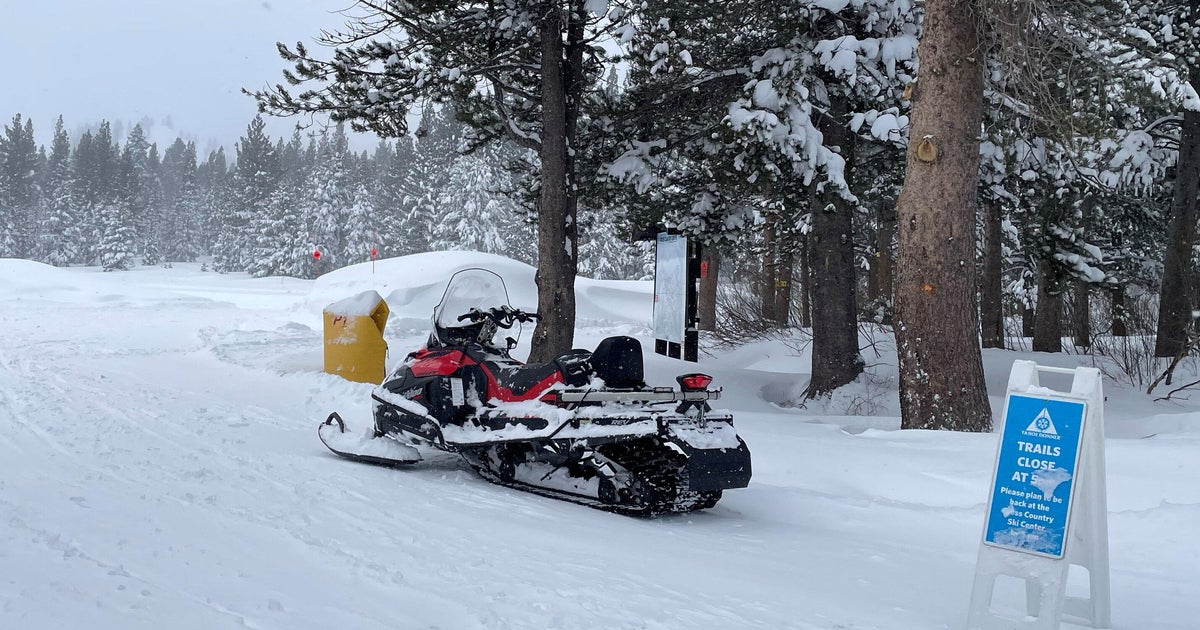Columbia University "making important progress" in talks with pro-Palestinian protesters
NEW YORK -- Columbia University continues to hold talks with pro-Palestinian protesters after extending the deadline to dismantle their encampment on the school's main lawn in Manhattan.
University President Dr. Minouche Shafik issued a statement Tuesday saying she and other school leaders were speaking with students and working to reach an agreement. A university spokesperson confirmed overnight the conversations would continue, if necessary, through Thursday.
If the dialogue is unsuccessful, the school will consider alternative options for clearing out the lawn and restoring calm on campus. Due to security concerns, all classes on the school's Morningside campus are offering a hybrid option for the rest of the semester.
Pro-Palestinian students said the school has promised not to bring in the NYPD or the National Guard. Gov. Kathy Hochul was asked about that earlier Wednesday.
"I wanted to have a substantive conversation about public safety with the president, with campus security, with the NYPD, and at the time, they just made the decision to go remote to dial down pressure for the students," Hochul said.
But with finals and commencement closing in, the pressure is on. Many in the senior class, who graduated high school in spring 2020, are hoping their graduation remains in-person.
"I didn't get a high school graduation. It'd stink if I didn't get a college graduation either," Columbia senior Charles Beck said.
"My message to president is you are not going to solve a 100-year-old conflict in the Middle East," Columbia graduate student Omer Lbui said.
"Listen to our demands. We are advocating for an end to massacre, a future where people have full equal human rights, a hope to see a future that involves all collective liberation," student Basil Rodriguez said.
Chopper 2 flew over the school early Wednesday morning, and dozens of tents remained in place. Over the course of the eight-day protest, demonstrators have continued to demand Columbia divest from Israel.
"They have inspired a lot of other people to take more action or perhaps change actions they've been taking to draw more attention to the situation in Palestine, Gaza," non-student protester Carla Reyes said.
"Divest, disclose and amnesty for all," student Khymani James said. "This encampment, a peaceful student led demonstration is part of the larger movement for Palestinian liberation."
Hochul and Mayor Eric Adams applauded the security efforts on campus Tuesday, but said students who are peacefully protesting are not the problem.
"We can't have outside agitators come in and be disruptive to our city," Adams said in a briefing.
"I understand how important this is. Young people, in particular, are energized in their beliefs. But we have to have a respectful discourse," said Hochul. "This has gone too far."
Early Wednesday morning, NYPD officers in riot gear cleared out a group of about 100 protesters just outside campus. They were chanting, waving flags and holding signs in solidarity with students.
Columbia extends deadline for demonstrators
In her latest message to students and staff, Shafik wrote it is time to dismantle the pro-Palestinian encampment that popped up a week ago on the university's West Lawn. Protesters took over the lawn in tents following Shafik's controversial testimony before Congress.
"The encampment raises serious safety concerns, disrupts campus life, and has created a tense and at times hostile environment for many members of our community," she wrote. "It is essential that we move forward with a plan to dismantle it."
Shafik said student organizers have been meeting with a small group of faculty, administrators and university senators to "discuss the basis for dismantling the encampment, dispersing, and following university policies going forward." They were initially given until midnight Wednesday to come to an accord, but the deadline was later pushed back.
A university spokesperson confirmed early Wednesday the school was "making important progress" and "in light of this constructive dialogue, the university will continue conversations for the next 48 hours."
The spokesperson said students "have committed to dismantling and removing a significant number of tents" and said they would "ensure that those not affiliated with Columbia will leave. Only Columbia University students will be participating in the protest."
"Student protesters have taken steps to make the encampment welcome to all and have prohibited discriminatory or harassing language," the spokesperson added.
Despite the ongoing talks, Speaker of the House Mike Johnson and other Republican congressmembers met with Jewish students on campus on Wednesday and called on Shafik to resign. Their message was met with jeers from students.
"I think the speaker should've stayed back in Washington," Columbia student Irwin Luna said.
"We've faced so much blatant discrimination, intimidation, harassment these past few days, and to have the Speaker of the Congress come and tell us he stands with us, that was powerful," Columbia student Ben Gelman said.
133 Jewish students write letter to Shafik: "We fear for our lives"
Pro-Israel and Jewish students say they have serious safety concerns. CBS New York has obtained a letter sent by 133 Israeli students at Columbia to the school's president and administrators outlining those concerns. They chose 133 because that is the number of hostages still believed to be held by Hamas in Gaza.
The top of the letter points out threatening chants they say they've been subjected to. It asks the administration to "take immediate action to ensure our safety before it is too late. We fear for our lives."
"We feel unsafe going on campus right now," student Guy Sela said. "I've been literally shot in my life, served as a company commander [in paratroopers] for years, but going on a campus in the United States of America feels more dangerous."
"People were banging on my doors in the middle of the night because I came out publicly and was speaking as a proud Jew who supports the state of Israel," Columbia senior Noa Fay said.
Earlier this week, a group of pro-Israel and Jewish students put up posters of the 133 hostages in Gaza outside the encampment.
"Nothing's more important than bringing those 133 hostage back. We're putting our life at risk. We're putting our academic projectory at risk because that's what we're believing," Sela said.
As early as Wednesday, Columbia's senate, which is comprised of students and faculty, could vote on a resolution to censure Shafik, in part over the arrests of student-protesters last week.

